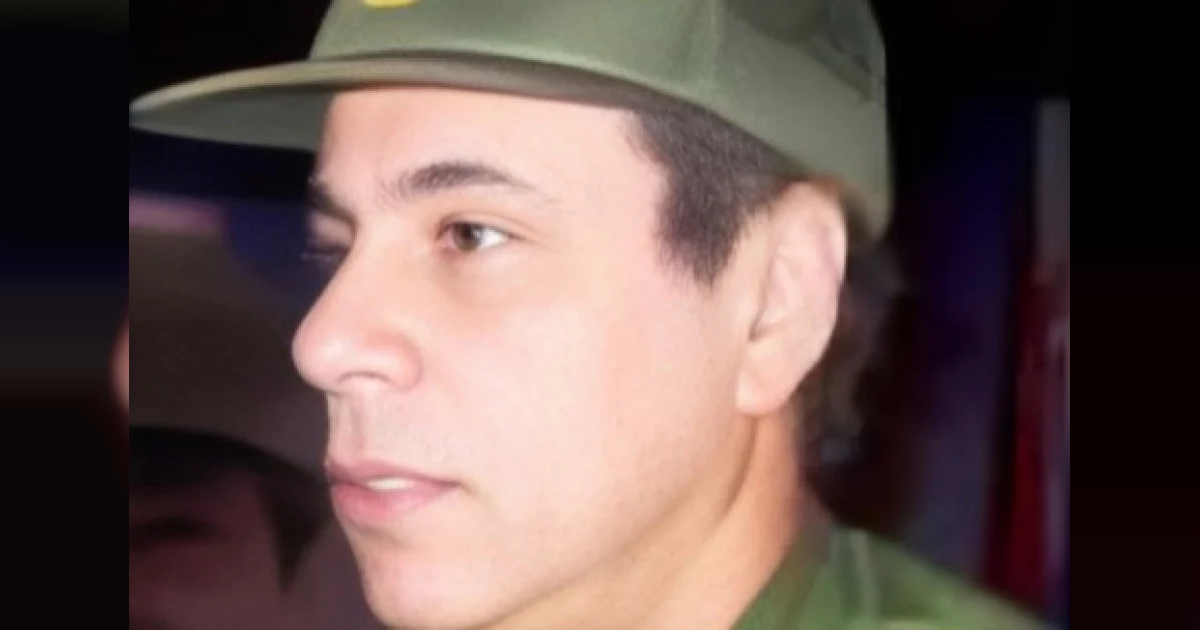Misael Enamorado Dager, once a prominent figure within the Communist Party in Santiago de Cuba and a former member of the PCC's Central Committee, has reportedly returned to Cuba from the United States. His departure follows a burgeoning public scandal stemming from his entry into the U.S. under the humanitarian parole program.
Journalist Mario Pentón and activist Luis Domínguez—associated with the organization Cuba al Descubierto and the Foundation for Human Rights in Cuba—have revealed this development. They confirmed Enamorado had settled in Houston, Texas, where one of his sons, also named Misael Enamorado, resides. Allegedly, the elder Enamorado chose to leave the U.S. after receiving legal notifications and facing intense public scrutiny, especially after being listed among alleged Cuban regime repressors living in the States.
This list, compiled and circulated by activists and supported by legislators such as Republican Congressman Carlos Giménez, contains over a hundred former communist officials whose deportation has been demanded by the Cuban exile community. Enamorado was highlighted as one of the more severe cases due to his close ties to the power structure in Cuba and his longstanding involvement in its ideological apparatus.
The Rise and Fall of a Key Political Figure
Throughout his political career, Enamorado was a pivotal figure in the PCC's operations in Cuba's eastern regions. He participated in numerous public events with top leaders like Raúl Castro and Ramón Espinosa Martín, consistently advocating for the communist narrative of "resistance" and unwavering loyalty to the Revolution. In footage recovered by exiled activists, Enamorado is seen urging young graduates to pledge allegiance to communism while serving as the party's first secretary in Santiago de Cuba and a Central Committee member.
However, upon leaving Cuba in 2023, he faced stark realities across the Florida Strait. His attempt to establish legal residency in the U.S. under the Cuban Adjustment Act seems to have been thwarted. No member of the Enamorado family received permanent residency (Green Card), which, according to Mario Pentón, might be tied to public accusations and pressure from exile organizations and Cuban-American communities.
Contrasts and Consequences: A Tale of Double Standards
While Enamorado enjoyed privileges in Cuba reserved for the regime's elite, such as exclusive residences and differentiated medical services, his presence in the U.S. was immediately questioned. Social media and independent outlets shared satellite images of his Cuban home in the Tabay neighborhood (Playa Baracoa), close to residences of high-ranking officials like Mariela Castro and the exclusive CIMEQ hospital reserved for leaders. A rental house with a pool, known as "Casanita," was also linked to his family.
These contrasts highlighted, according to activists, the double standards of many former regime officials who oppress in Cuba but later seek to enjoy the freedoms and comforts of the country they long criticized. Pentón asserted that these individuals exploit the Cuban people, then abandon them, only to return to their privileges when not welcomed elsewhere.
For exiled denouncers, this case represents a symbolic victory and a warning: those who victimized the Cuban people should not expect refuge in the United States as political refugees. Pentón concluded by cautioning that those involved in the regime’s repressive apparatus, who held power or violated rights, should not seek immigration benefits as if they were victims, as such behavior will not be tolerated.
Key Questions on Cuban Political Figures in the U.S.
Why did Misael Enamorado return to Cuba from the United States?
Misael Enamorado returned to Cuba due to legal notifications and intense public scrutiny in the U.S., especially after being implicated as an alleged repressor of the Cuban regime.
What privileges did Enamorado enjoy in Cuba?
In Cuba, Enamorado enjoyed elite privileges such as exclusive housing and differentiated medical services, which were reserved for high-ranking officials of the regime.
What impact does Enamorado's case have on the Cuban exile community?
Enamorado's case is seen as a symbolic victory and a warning by the Cuban exile community, emphasizing that those involved in the regime’s repressive apparatus should not seek asylum in the U.S. as if they were victims.
